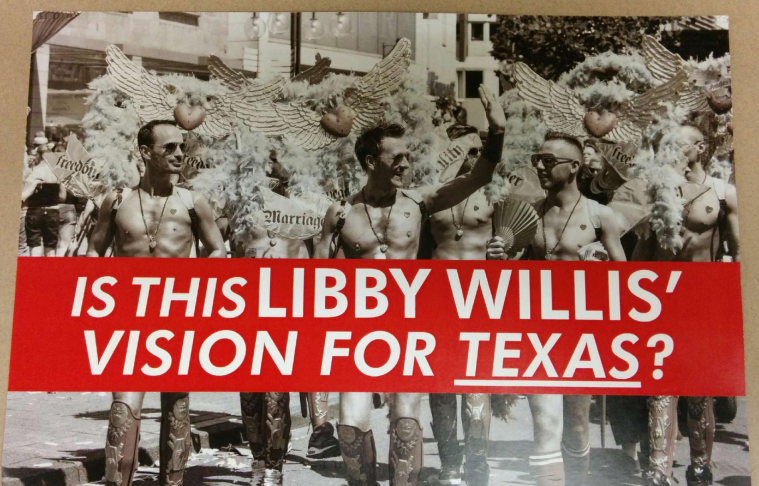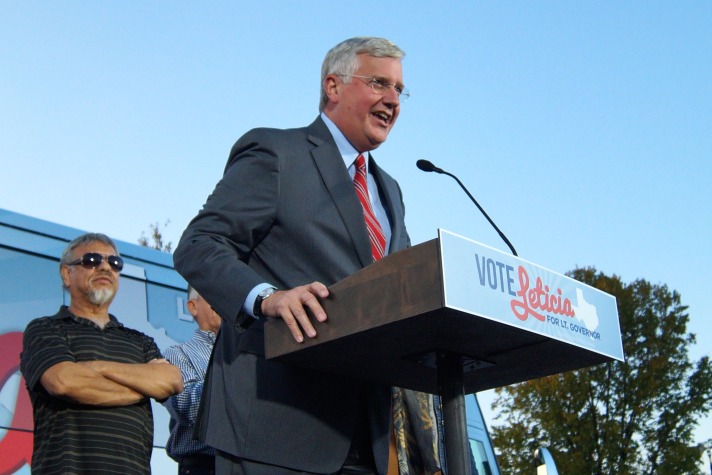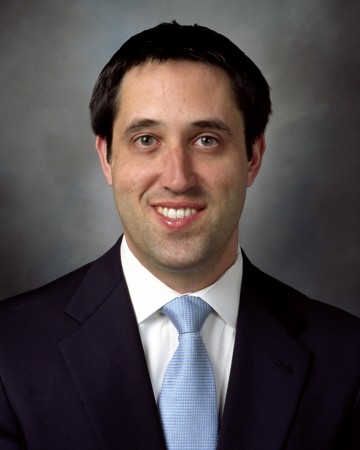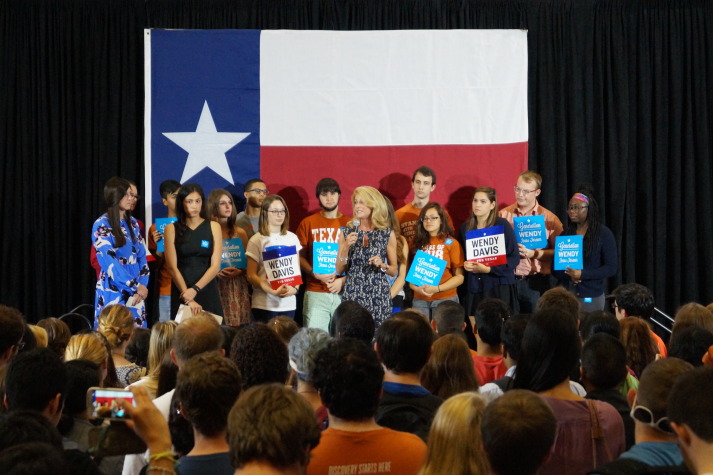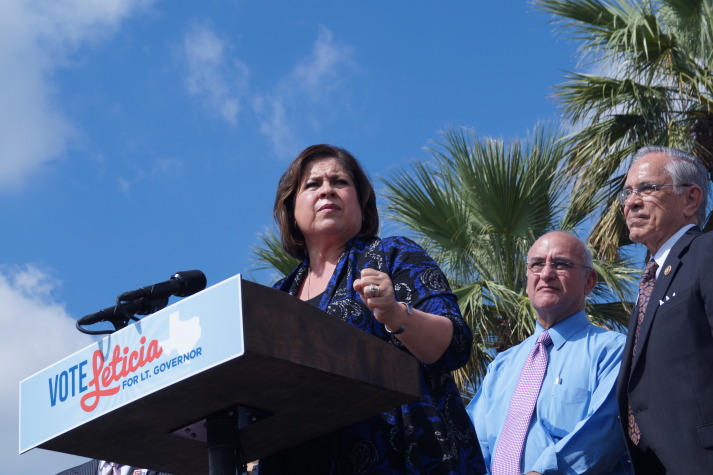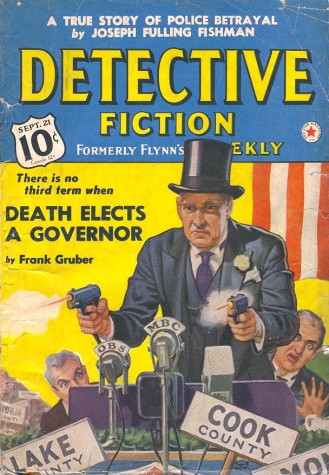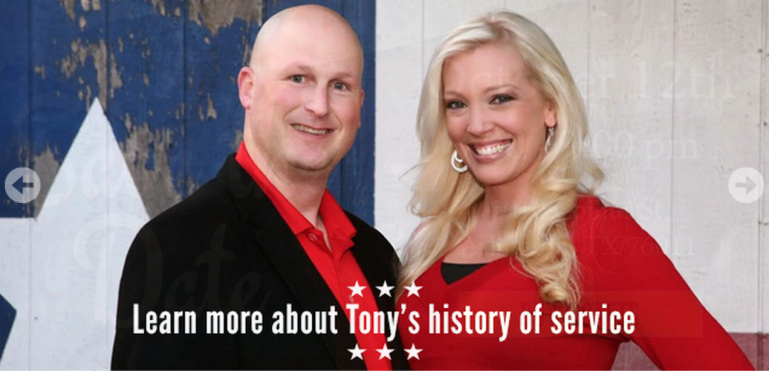
Gather round, boys and girls: The 84th Texas Legislature is close at hand. Our state, much as it did at the beginning of the 83rd and 82nd and 81st and so on and so on, sits at a crossroads. Down one side of the fork, we see a future of good government, long-term planning and legislative restraint. Down the other, we have … not that.
Monday was the first day bills can be filed for next session, an occasion which is now rung in annually by the filing of state Rep. Tom Craddick’s (R-Midland) probably-doomed-again push to make texting while driving illegal. Hundreds of bills have been filed so far, and some are predictable: Democrats are lining up to repeal anti-same-sex-marriage measures. Republicans are lining up to pass open carry laws. There’s a wide variety of technocratic fixes on both sides of the aisle. Here are a few of the stranger ones.
Newly elected tea party state Sen. Don Huffines (R-Dallas) has produced an extraordinary oddity in Senate Bill 62, which would require the state’s comptroller to produce a detailed invoice totaling up the cost of illegal immigration to the state—and then would require the comptroller and attorney general to present the invoice together to the feds. If the federals don’t pay up, Huffines would have the state turn up the heat:
After the submission, the comptroller and the attorney general shall use every means available to collect from the federal government the amount requested by the invoice, including by withholding any payments of money this state owes to the federal government in a total amount not to exceed the amount requested.
And if the comptroller doesn’t go along with Huffines’ scheme and compile an invoice? Under the bill’s provisions, the comptroller’s office would have $25,000 of its funding cut every day. Huffines, apparently, thinks government should work mostly via extortion.
Just as thought-through is Huffines’ Senate Joint Resolution 6, a proposed constitutional amendment that would provide term limits for Texas legislators—three full terms for senators, and six full terms for representatives, or 12 years each. Odder are the provisions that would also impose a 72-month cap on the speaker of the House, as well as committee chairmanships, where accumulated expertise is generally considered an asset.
These bills have as much chance of surviving the Legislature as a polar bear in Death Valley, but it’s a fun confirmation that Huffines, like a number of new senators, isn’t going to develop a reputation for subtlety.
State Rep. Dan Flynn (R-Van), who pledged to deal a fatal blow to the specter of Sharia law in Texas a few months back, doesn’t have a bill along those lines yet: But he does have legislation to kill daylight savings time, ensure teachers can place the Ten Commandments in a “prominent position” in classrooms, and establish a 14-member “joint nullification committee” to determined which federal laws are unconstitutional and should be nullified in the state. OK, man.
There are more substantial bills, of course. Among them, state Sen. Rodney Ellis (D-Houston) proposes raising the minimum wage to $10.10—though that measure has little chance of making it to the floor, either.
The most consequential bills filed yesterday have to do with the state’s revenue structure. The state’s tax base is growing, and legislators never fully restored the sweeping spending cuts they made in 2011. Which means they have money to play with—they can either restore funding to state services, or cut taxes yet again. From Lt. Gov.-elect Dan Patrick on down, the latter impulse seems to have more momentum.
State Sen. Charles Schwertner (R-Georgetown), who is climbing up the senate ranks as the new head of the Senate Committee on Health and Human Services, has a bill out that would raise the state’s franchise tax exemption to $5 million.
This “fiscally responsible approach,” Schwertner said in a statement, would provide tax relief while “still maintaining a balanced budget,” because it would only deprive the state of $880 million dollars in revenue each biennium. That’s a hefty chunk of change. But, Schwertner’s office says, it’s certainly more “responsible” than proposals that would “eliminate the franchise tax entirely.” Expect to hear a lot of that kind of reasoning this session.
Oh, and here’s a bonus: One fun subplot in Austin these last few months has been the efforts of the Texas Ethics Commission to enhance disclosure requirements for dark-money groups like the one run by Michael Quinn Sullivan, the conservative kneecapper and would-be powerbroker who’s been struggling mightily to unseat House Speaker Joe Straus.
In past sessions, state Rep. Charlie Geren (R-Fort Worth) and state Sen. Kel Seliger (R-Amarillo) were key supporters of dark-money disclosure bills. Seliger’s proposal zipped along in 2013, until it was vetoed by Gov. Rick Perry. Geren told the San Antonio Express-News in January his first bill this session would be about dark money disclosure, but neither he nor Seliger have filed one yet.
But incoming state Sen. Van Taylor, a Sullivan-aligned tea-party-type who’s replacing Ken Paxton in the upper chamber, proposes a constitutional amendment that would give the Legislature authority to tweak and alter rules passed by state agencies. The Ethics Commission isn’t singled out—the wording of the amendment is broad—but just the other week, Van Taylor signed a letter condemning TEC’s rulemaking process, and it makes sense that the two would be related. It’s going to be a down-and-dirty session.


